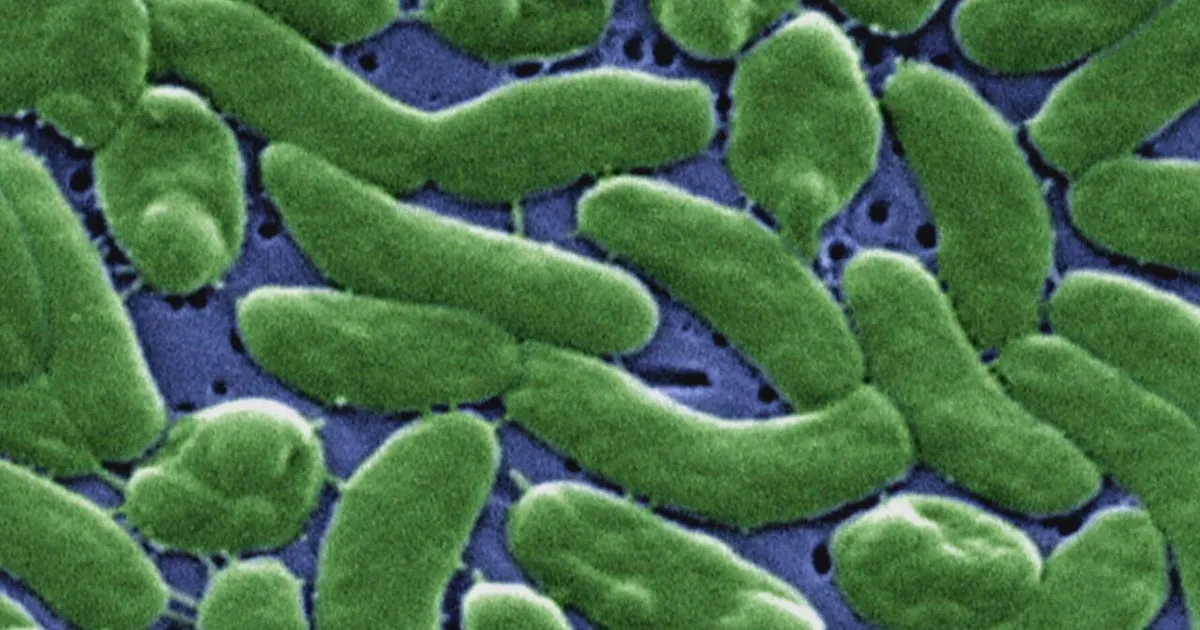
George Billiris, a lifelong boat captain and third-generation sponge fisherman, considers himself incredibly fortunate to be alive after a harrowing encounter with Vibrio vulnificus, a dangerous bacteria often referred to as "flesh-eating bacteria." This pathogen typically lurks in warm coastal waters, particularly along Florida's Gulf Coast, posing a significant health risk to unsuspecting individuals.
In July 2019, while wading in the water and fishing with his grandson, Billiris's life took a drastic turn. He began to experience severe symptoms, including chills, fever, and swelling in his leg. "It was burning," he recounted during an interview with CBS News. The culprit? The bacteria entered his system through a small cut on his back leg. "It was just a little tiny scab," Billiris explained, emphasizing how quickly a minor injury can lead to a life-threatening situation.
Upon arriving at the hospital, doctors promptly marked his leg to monitor the rapid spread of the infection. Thanks to three weeks of aggressive treatment, Billiris's condition improved, ultimately saving his leg from amputation. This experience highlights the critical importance of seeking immediate medical attention when symptoms arise, as the CDC reports that one in five individuals infected with Vibrio vulnificus lose their lives due to the swift progression of the disease.
According to Dr. Valerie Harwood, a microbiologist at the University of South Florida, the risk of contracting Vibrio vulnificus escalates during hurricane season. The increasing ocean temperatures, largely attributed to climate change, enhance the bacteria's prevalence in coastal regions that have previously remained unaffected. "With warming waters, we are seeing cases further north," Dr. Harwood stated, noting that infections have now been documented in the Carolinas, and even as far north as Connecticut and New York.
Recent statistics illustrate a concerning trend: this year alone, Louisiana has reported 17 cases of Vibrio vulnificus, Florida 16 cases, and North Carolina seven. Tragically, Florida has recorded five deaths, the highest number in the United States. Moreover, this bacteria can also be contracted through the consumption of uncooked seafood, particularly oysters, further complicating the public health landscape.
Today, George Billiris approaches life in the water with a newfound caution. Despite his harrowing experience, he continues to sail his family's boat nearly every day. He fervently hopes that by sharing his story, others will become aware of the symptoms associated with Vibrio vulnificus infections. "A lot of people waited because they didn't know," he lamented, underscoring the importance of early intervention, which can mean the difference between life and death.
As the waters warm and the risks increase, awareness and education about Vibrio vulnificus are more critical than ever. By staying informed and vigilant, individuals can help protect themselves and their loved ones from this dangerous bacteria.